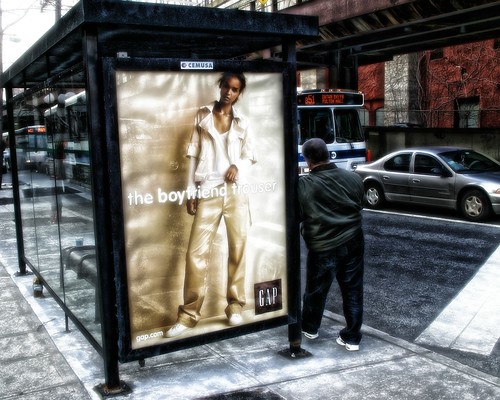Back in December for World AIDS day, the Brazilian radio station Mix FM launched a campaign (developed by Quê Comunicação) to raise awareness about the dangers of HIV/AIDS 'In Brazil, surveys have shown that the number of HIV cases keeps growing among young people. The radio Station Mix FM could have an important role in this scenario: alert young people, making them feel how easy it is to a virus to spread around. So we've made our own virus.'
Mix FM posted two sexy videos (one of a hot guy, one of a hot girl) to their Facebook page with a message encouraging viewership. The end of each video included the message:
'That's What Happens With HIV. You Get Distracted. Get Infected. And Spread The Virus Without Even Noticing. Take A Look At Your Wall. Always Protect Yourself.'
Once a user watched the video it was automatically posted to their Facebook page/timeline without their permission, thus driving home the 'viral' message (pun intended). Just a genius idea to encourage condom use & demonstrate the dangers of unprotected sex in a tangible way. Of course, it was completely against Facebook policy since it was essentially spam, so Facebook took it down within a day or so. You could imagine doing something similar in a less spammy way by retargeting users who'd viewed the video with display ads across the web that drove home a similar message. Would it potentially cross the 'creepiness' threshold. Absolutely, but then again that's the point with a campaign like this.
Mix FM posted two sexy videos (one of a hot guy, one of a hot girl) to their Facebook page with a message encouraging viewership. The end of each video included the message:
'That's What Happens With HIV. You Get Distracted. Get Infected. And Spread The Virus Without Even Noticing. Take A Look At Your Wall. Always Protect Yourself.'
Once a user watched the video it was automatically posted to their Facebook page/timeline without their permission, thus driving home the 'viral' message (pun intended). Just a genius idea to encourage condom use & demonstrate the dangers of unprotected sex in a tangible way. Of course, it was completely against Facebook policy since it was essentially spam, so Facebook took it down within a day or so. You could imagine doing something similar in a less spammy way by retargeting users who'd viewed the video with display ads across the web that drove home a similar message. Would it potentially cross the 'creepiness' threshold. Absolutely, but then again that's the point with a campaign like this.

